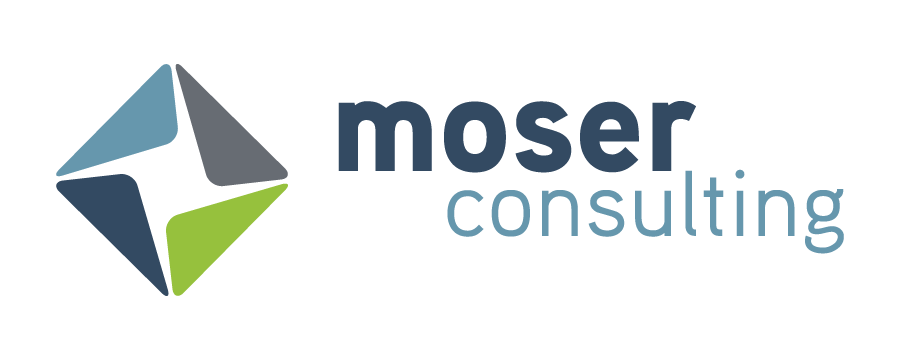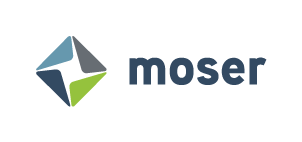The Advantages of Agile Project Managers
Agile project management has gained popularity across various industries due to its flexibility, adaptability, and focus on delivering value. Having an Agile project manager can significantly enhance your business processes. Let’s explore some key advantages:
1. Increased Flexibility
Agile project management allows for continuous improvement and adapts to changing requirements. Unlike traditional waterfall approaches, Agile enables your team to respond swiftly to market shifts or evolving business needs. By embracing change, you stay ahead of the curve and remain competitive.
A prime example of increased flexibility through Agile can be seen in the development practices at IBM. Facing the fast-paced evolution of the tech industry, IBM adopted Agile methodologies to remain adaptive and responsive. Using Agile, IBM's teams could rapidly adjust their product development cycles in response to customer feedback and market changes. This flexibility allowed IBM to shorten their development cycles significantly, enabling quicker delivery of new features and updates that met current market demands.
2. Higher Productivity
Agile breaks down work into short, iterative cycles known as sprints. This approach ensures that value is delivered more quickly. Self-governing teams are a cornerstone of Agile, allowing team members to take ownership of their tasks and make decisions without relying on hierarchical approval. This autonomy empowers teams to be more responsive and innovative, leading to faster problem-solving and delivery of results.
For example, in a software development project, a self-governing team can quickly adjust to new requirements or feedback, implementing changes in the next sprint rather than waiting for a lengthy approval process. This not only boosts productivity but also enhances team morale and creativity, as team members feel more engaged and responsible for their work.
3. Enhanced Transparency
Transparency is a core principle of Agile. It emphasizes collaboration and face-to-face communication. Regular stand-up meetings, sprint reviews, and retrospectives keep stakeholders informed about project progress. Additionally, with the goal of each sprint being the delivery of a usable feature or product, clients see tangible progress toward their desired end-state. Transparency removes the veil for all stakeholders and helps identify any adjustments needed early on.
4. Better Quality Deliverables
Frequent iterations and feedback lead to higher-quality outcomes. Agile teams prioritize delivering working software or products, ensuring continuous improvement through regular feedback loops. A real-world example is Spotify, which adopted Agile methodologies like Scrum and autonomous squads to enhance product development. This approach allows Spotify to quickly respond to user feedback, continuously roll out high-quality features, and maintain a competitive edge. By involving end-users and stakeholders throughout the process, you ensure that the final deliverables meet customer expectations.
5. Reduced Risk
Agile’s iterative approach minimizes the risk of missing project objectives. Regular check-ins allow for course corrections, preventing costly deviations. Furthermore, involving stakeholders throughout the process ensures that feedback is promptly incorporated, further minimizing risks associated with changing requirements or market conditions. By addressing risks early, you maintain project alignment and avoid surprises.
6. Increased Stakeholder Engagement
Agile involves stakeholders from the start. Their active participation fosters engagement and satisfaction. Regular demos and open communication build trust, ensuring that everyone is aligned toward project success.
In summary, having an Agile project manager streamlines processes, improves collaboration, and drives successful project outcomes. Consider integrating Agile principles into your business to reap these benefits!
Contact Moser Consulting Business Services for your next project. We offer an entire PMO suite to accomplish all this and more. Want to learn more about Moser Consulting? Click here.

